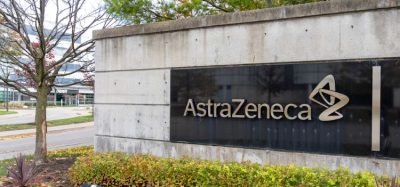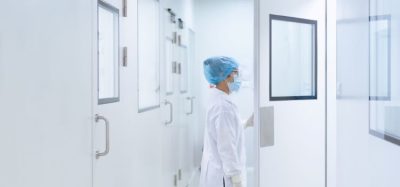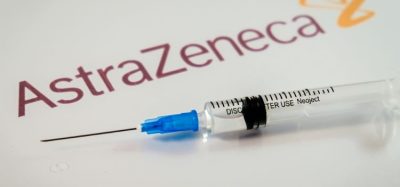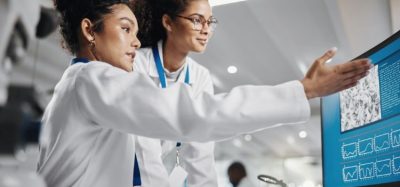First patient given base-edited CAR T cells
Posted: 12 December 2022 | Catherine Eckford (European Pharmaceutical Review) | No comments yet
The first ever use of base-edited T-cells have helped to treat a patient with relapsed T-cell acute lymphoblastic leukaemia in a clinical trial.
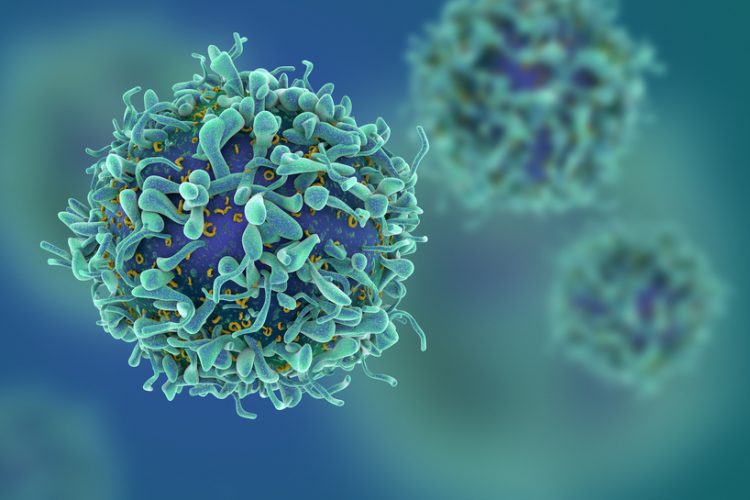

A thirteen-year-old patient with relapsed T-cell acute lymphoblastic leukaemia (T-ALL) has been the first to be treated with base-edited T-cells via CD7 Chimeric Antigen Receptor (CAR)-T cell therapy, which enabled them to achieve remission 28 days later.
A unique clinical trial for T-ALL
The patient enrolled in the ongoing clinical trial (NCT05397184) went on to receive a second bone marrow transplant after the therapy. Six months later, the patient is doing well and is recovering at home. Without the experimental CD7 CAR-T cell therapy, having previously undergone unsuccessful conventional treatments including chemotherapy and a bone marrow transplant, the patient’s only other option was palliative care.
The new base editing approach does not cause breaks in the DNA, allowing more edits, with less risks of unwanted effects on chromosomes. Previous treatments used techniques called TALENS or CRISPR/Cas9, which ‘cut’ genes using molecular ‘scissors’.
The research was a collaboration between University College London (UCL) and Great Ormond Street Hospital for Children (GOSH). The positive data was presented for the first time at the 2022 American Society of Haematology (ASH) annual meeting.
In 2021, during the clinical trial, the patient received ‘universal’ CAR T-cells pre-manufactured from a healthy volunteer donor, edited using new base-editing technology, designed and developed by a team of researchers at UCL, led by Professor Waseem Qasim (UCL Great Ormond Street Institute of Child Health), who is also an Honorary Consultant at GOSH. In the trial, the patient was fitted with a CAR which located and killed the cancerous T-cells without attacking each other.
The clinical trial is open to patients eligible for NHS treatment and aims to recruit up to 10 patients with T-cell leukaemia who have exhausted all conventional treatment options. If evidence shows the therapy is widely successful, the Bone Marrow Transplant and CAR T-cell therapy teams at GOSH hope to offer it to children earlier in their treatment journey when they are less sick. Further applications for other types of leukaemia are anticipated in 2023.
The healthy donor T-cells, arranged by the Anthony Nolan registry, were engineered at the GOSH clean room facility.
Steps that were required to create the base-edited T-cells:
- Removing existing receptors so that T-cells from a donor can be banked and used without matching – making them ‘universal’
- Removing a ‘flag’ called CD7 that identifies them as T-cells (CD7 T-cell marker). Without this step T-cells programmed to kill T-cells would destroy the product
- Removing a second ‘flag’ called CD52. This makes the edited cells invisible to some of the strong drugs given to the patient during the treatment process
- Adding a CAR which recognises the CD7 T-cell receptor on leukemic T-cells. The cells become armed against CD7 and recognise and fight T cell leukaemia
- These edits were achieved by ‘base editing’ – chemically converting single nucleotide bases (letters of the DNA code) which carry instructions for a specific protein. For example, changing specific nucleotide bases in the gene for CD7 from a cytosine to a thymine creates a ‘stop codon’ – the equivalent of a genetic full stop – that prevents the cell machinery reading the full instructions and production of CD7 is terminated.
Using genome-edited T-cells (CAR T-cells) to treat B-cell leukaemia was first implemented by the same team from GOSH and University College London Great Ormond Street Institute of Child Health (UCL GOS ICH) in 2015 and they recently reported on trials for children using CRISPR/Cas9 techniques.
Advanced therapies for difficult to treat diseases
Dr Robert Chiesa, Consultant in Bone Marrow Transplant and CAR T-cell therapy at GOSH, commented: “[The patient’s outcome] is quite remarkable, although it is still a preliminary result, which needs to be monitored and confirmed over the next few months.”
Dr Louise Jones, Head of Translation at the Medical Research Council (MCR), who funded the project through their Developmental Pathway Funding Scheme, explained: “Advanced therapies – medicines based on genes, tissues or cells – have the potential to transform the lives of those with difficult to treat diseases and remain a priority for the MRC. If replicated, this ‘off the shelf’ universal cell therapy will mark a huge step forward in these types of therapies providing life-changing benefits to more patients.”
The trial was funded by the MRC. Support for the broader research programme also comes from Wellcome, Blood Cancer UK and the National Institute of Health and Care Research (NIHR) and the NIHR GOSH Biomedical Research Centre.
Related topics
Anti-Cancer Therapeutics, Biopharmaceuticals, Clinical Development, Clinical Trials, Gene therapy, Research & Development (R&D), t-cells, Therapeutics
Related organisations
Blood Cancer UK, Great Ormond Street Hospital (GOSH), Medical Research Council (MRC), National Institute for Health and Care Research (NIHR), Wellcome
Related drugs
Related people
Related diseases & conditions
Acute lymphoblastic leukaemia (ALL), T-cell acute lymphoblastic leukaemia (T-ALL)




